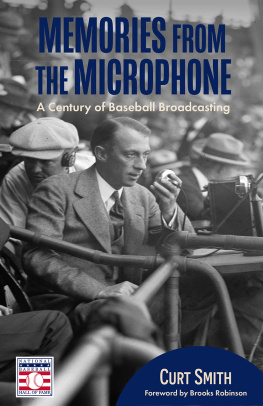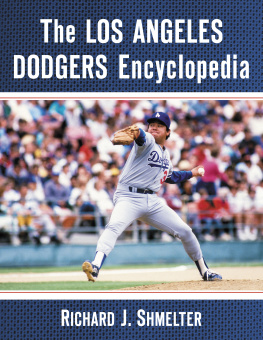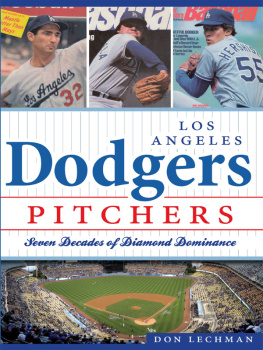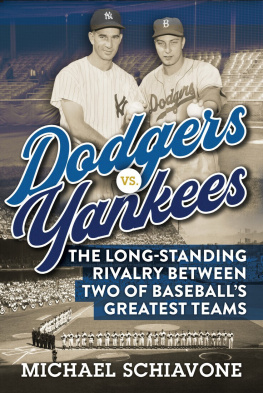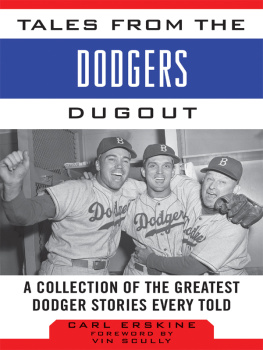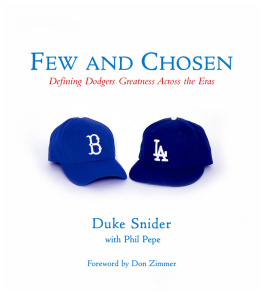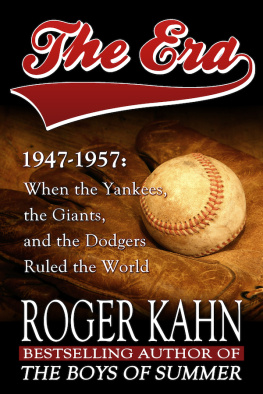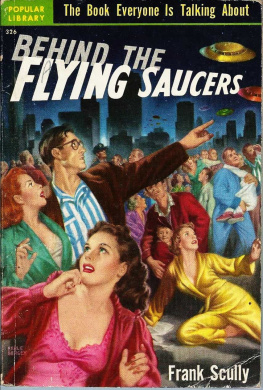Pull Up a Chair
Also by Curt Smith
The Voice
Voices of Summer
What Baseball Means to Me
Storied Stadiums
Our House
Of Mikes and Men
Windows on the White House
The Storytellers
The Red Sox Fans Little Book of Wisdom
Voices of The Game
Long Time Gone
Americas Dizzy Dean
Pull Up a Chair
The VIN SCULLY STORY
CURT SMITH

Copyright 2009 Potomac Books, Inc.
Published in the United States by Potomac Books, Inc. All rights reserved. No part of this book may be reproduced in any manner whatsoever without written permission from the publisher, except in the case of brief quotations embodied in critical articles and reviews.
Library of Congress Cataloging-in-Publication Data
Smith, Curt.
Pull up a chair : the Vin Scully story / Curt Smith. 1st ed.
p. cm.
Includes bibliographical references and index.
ISBN 978-1-59797-424-0 (hardcover : alk. paper)
1. Scully, Vin, 1927 2. Sportscasters United States Biography. I. Title.
GV742.42.S38S65 2009
796.092 dc22
[B]
2009012779
Printed in the United States of America on acid-free paper that meets the American National Standards Institute Z39-48 Standard.
Potomac Books, Inc.
22841 Quicksilver Drive
Dulles, Virginia 20166
First Edition
10 9 8 7 6 5 4 3 2 1
To Olivia and Travis, who nightly pull up a chair
What baseball is to America, Scully is to baseball.
Doug Gamble, Orange County Register
CONTENTS
ACKNOWLEDGMENTS
A N EDITOR ONCE TOLD A FRIEND , Remember that youre not writing the book. Youre writing a book. This is not the book about arguably Americas greatest twentieth century sportscaster. It is a booksurprisingly, the firstabout Vincent Edward Scully.
Scully has broadcast sports, primarily baseball, since 1950: private, literate, sitting on a mound, he said, as a gigantic parade goes by. I was born too late to hear Vins parade in New Yorkthen raised too Eastern to hear it daily in Los Angeles. For a long time I absorbed Scully from a distance: a World Series here, an All-Star Game there. Necessity can become a virtue.
Like most of America, I truly met Vin in the 1970s: first on CBS Radio; next, NBC Television; today, Sirius XM Satellite Radio, ending exposure by fit and start. Distance can breed perspective. It also spurs mystique. This book explores the man behind it: connecting tissue between the public and its game.
Any book weighs past vs. present. Four conclusions color Pull Up a Chair. Films A League of Their Own was released in 1992. Increasingly, Vins league is of his own. The Los Angeles Times columnist T. J. Simers wrote: Its not easy to get a handle on greatness, especially when... those who have achieved it subscribe only to hard work. Scullys handle segues from work via education to elegance. (It was so hot today, he said once, the moon got sunburned.)
The reason is conclusion two. Like Jesus, Maimonides, and Homer, among others, Vin grasps languages nub: storytelling. Anecdote studded Lincolns narrative. Franklin Roosevelt invented a piano teacher to illustrate a point. Scully would have hated politics (too intrusive), yet been a fine politician (making the inanimate, animate). Baseballs last practitioner of One Booth, One Announcer, still addresses the listener; not happy talk with a peer.
Conclusion three is personal. To quote sociologist David Riesman, Vin is an inner-directed man. Speaking in 2000 at his alma mater, Fordham University, he cited William Penns No pain, no palm; no thorns, no throne; no gall, no glory; no cross, no crown, asking not only why bad things happen to good people, but good things happen to bad people? Scully is a family man, touting self-discipline and responsibility, grounded and self-aware.
Fourth. In his book Ronald Reagan, Dinesh DSouza notes how many still miss the Gipper. He isnt returning, the author says. The truth is, we dont need another Reaganrather, to ask what Reagan would do. Disliking it, Vin will one day retire: Itd almost be like shutting off the motor. Id be shutting off myself. Fast forward to 2020. Learning, not parodying, an announcer asks, What would Scully say? ESPNs Jon Miller insists, Theres not one thing he does I wouldnt recommend. Most Voices descend to meet an audience. Vin asks his to rise.
In 1993 I helped write Scullys Readers Digest tribute to mentor Red Barber. Vin spoke to me for such prior books as Voices of The Game, The Storytellers, and What Baseball Means to Me. I wish to thank him and other announcers, some now deceased: Mel Allen, Red Barber, Bud Blattner, Jack Buck, Joe Castiglione, Jerry Coleman, Bob Costas, Jerry Doggett, Dick Enberg, Lanny Frattare, Joe Garagiola, Earl Gillespie, Curt Gowdy, Hank Greenwald, Milo Hamilton, Merle Harmon, Ernie Harwell, Pat Hughes, Jaime Jarrin, Harry Kalas, Peter King, Jon Miller, Lindsey Nelson, Ross Porter, Ed Randall, Pee Wee Reese, Ray Scott, Charley Steiner, Chuck Thompson, and Bob Wolff.
I am indebted to Southern California journalists for reporting Scully so long and well: J. A. Adande, Steve Bisheff, Mike Downey, Frank Finch, Tom Hoffarth, Gary Kaufman, Doug Krikorian, Jim Murray, Bob Oates, Paul Oberjuerge, Mike Penner, Bill Plaschke, Diane Pucin, T. J. Simers, and Larry Stewart. Other writers helped in print and/or person: Maury Allen, David Barron, Brad Buchholz, Jack Craig, Gary Deeb, Phil Elderkin, Doug Gamble, Richard Hoffer, Stan Isaacs, Leonard Koppett, Phil Mushnick, Eric Neel, Ben Platt, Rick Reilly, Rob Rains, Bob Raissman, Harold Rosenthal, Richard Sandomir, Leonard Shapiro, Dave Sheinin, George Vecsey, and Jon Weisman.
I want to thank Thomas Oliphant, the Boston Globe columnist and author of the book Praying for Gil Hodges, for reading the manuscript and making suggestions. Baseball, radio, and television officials include Dick Brescia, Scotty Connal, Harry Coyle, Carl Lindemann, Bill MacPhail, Tom Merritt, Joe Reichler, Al Schwartz, Lou Schwartz, and Bruce DuMont, president, Museum of Broadcast Communications and National Radio Hall of Fame, of which Scully is a member. Fordham Librarys Archives and Special Collections was also very helpful.
The National Baseball Hall of Fame and Museum staff was, as always, Ruthian, especially Jeff Arnett, former director of education; Bill Francis, senior researcher; and Pat Kelly, director, Photograph Collection. Andrew Blauner helped conceive the project. I wish to also thank Potomac Bookss John Church, Claire Noble, Jennifer Waldrop, and Vicki Chamlee, and Kevin Cuddihy, Phil Hochberg, John Miley, and Ken Samelson. My wife, Sarah, endured a twin bill of research and writing. Our children Olivia, 9, and Travis, 8, now know how Vin was never wasted on the young.
Pull Up a Chair is Scullys invocation. Researching, I did 75 interviews; heard hundreds of broadcast hours; and visited, among other sites, the Hall, Fordham, Library of Congress, the Sporting News, and the Los Angeles Times. I also wrote where I am privileged to teach: the University of Rochester in New York. Four years ago the noted educator Joel Seligman became its president. Aptly, the Angeleno grew up a passionate Dodger fanabove all, on Vin. I never heard an announcer in any sport, he said, who had a greater sense of poetry, dignity, and respect for the sport that he was describing.
Next page

